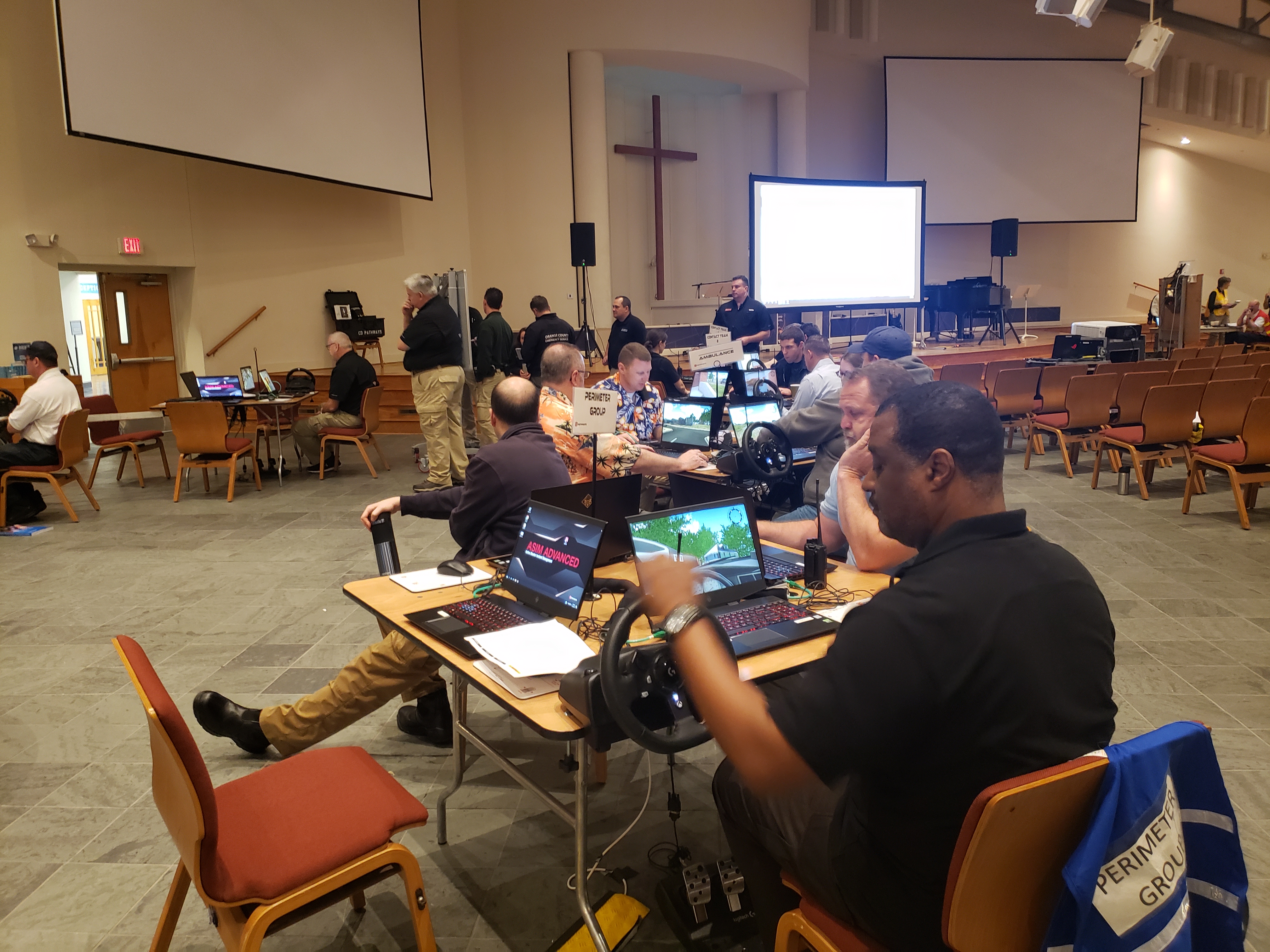Town officials in Hillsborough have partnered with a cognitive neuroscientist to train local law enforcement officers on how to process information during dangerous situations.
According to local mayor Tom Stevens, the training is related to principles from a driving course that addresses vehicle accidents as the leading cause of fatalities among law enforcement officers.
“This is something that came out of the driver training that we’ve been doing for many, many years,” explained Stevens.
That course was designed by Duane Hampton, the chief of the Hillsborough Police Department, and Eric Peterson, an SCCA national championship winner who serves as the town manager.
“We have been doing courses in effective driving for our police officers and sharing it with emergency responders and others,” noted Stevens.
Law enforcement officers in Hillsborough will undergo ten weeks of cognitive command training with Dr. Jonathan Page, whose research focuses on physiological responses to stress.
“If you’re driving, you could be going 90, 100 miles an hour and hardly notice it; you get tunnel vision,” offered Stevens. “There’s certain responses that the body has, and there’s ways to train yourself to take a breath — to focus in.”
The purpose of the program is to help law enforcement officers respond appropriately while being exposed to hazards and signals that have the potential to overload the mind.
“So, it really impacts not just the driving, not just stressful situations, but any time — the everyday flow of the work that police officers are doing,” claimed Stevens.
The Washington State Criminal Justice Training Commission and Baltimore Police Department incorporated cognitive command training into their curriculums in 2015.
Page stated that the program enhances the ability of officers “to perceive, progress, and interact with their environment,” with the ultimate goal being “a better and safer police force.”





